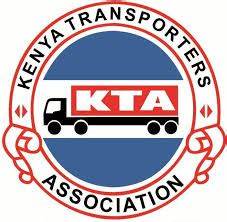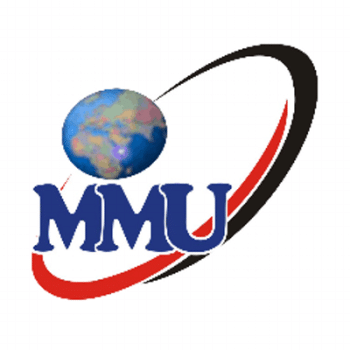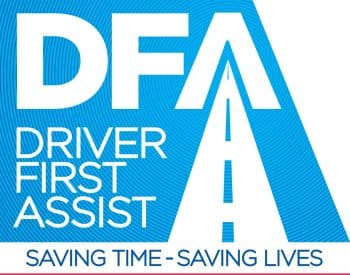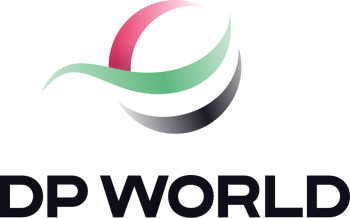Our Programmes

UGANDA FIND: COVID-19 rapid antigen test screening validation and diagnosis study in symptomatic and asymptomatic populations at border crossings in Uganda to support efficient testing practices
Project background
In 2021, FIND (The Global Alliance for Diagnostics) funded a study led by Transaid, in collaboration with Uganda National Health Laboratory Services (UNHLS), Safe Way Right Way, the Amalgamated Transport and General Workers Union (AGTWU), and North Star Alliance. The study, titled ‘COVID-19 Rapid Antigen Test Screening Validation and Diagnosis Study in Symptomatic and Asymptomatic Populations at Border Crossings in Uganda to Support Efficient Testing Practices’, aimed to improve testing practices.
In the early months of the COVID-19 pandemic in 2020, truck drivers accounted for more than 71.8% of Uganda’s reported positive cases (Bajunirwe, 2020). Consequently, truck drivers were required to present a 72-hour pre-travel negative COVID-19 PCR test certificate to cross the border. This requirement highlighted significant challenges at the Uganda/Kenya border posts in Malaba and Busia. The northern corridor, which links the Mombasa port to Uganda, is one of the busiest transit and trade routes in sub-Saharan Africa, with an average of 1,250 trucks crossing daily.
It was identified that border waiting times could be significantly reduced if rapid diagnostic tests (Ag RDTs) were accepted instead of PCR tests. This change could alleviate bottlenecks, facilitate the movement of goods, and reduce the risk of COVID-19 transmission among drivers and the communities they interact with. In response, FIND, Transaid, and UNHLS designed and implemented a study to validate the performance of Ag RDTs among asymptomatic individuals by introducing a parallel testing regime (PCR and Ag RDT) to influence policy change by the Ugandan Ministry of Health.
Results
Supported by sensitisation activities that reached 8,140 truck drivers and their assistants, 2,643 drivers/assistants volunteered for testing between April and October 2022. Among them, 25 participants received a positive PCR test result, with 15 out of 25 having a Cycle Threshold (CT) value of 33 or below, indicating a high viral load and contagiousness. The lower-than-anticipated positive test results were partly due to increased acquired immunity following vaccine rollouts in Uganda and Kenya, as well as regulatory changes that relaxed the need for truck drivers to present negative COVID-19 PCR test certificates at borders.
However, the project concluded that routine rapid diagnostic testing could be valuable in reducing transmission in these high-risk populations and should be considered as a complementary testing approach in future waves.










